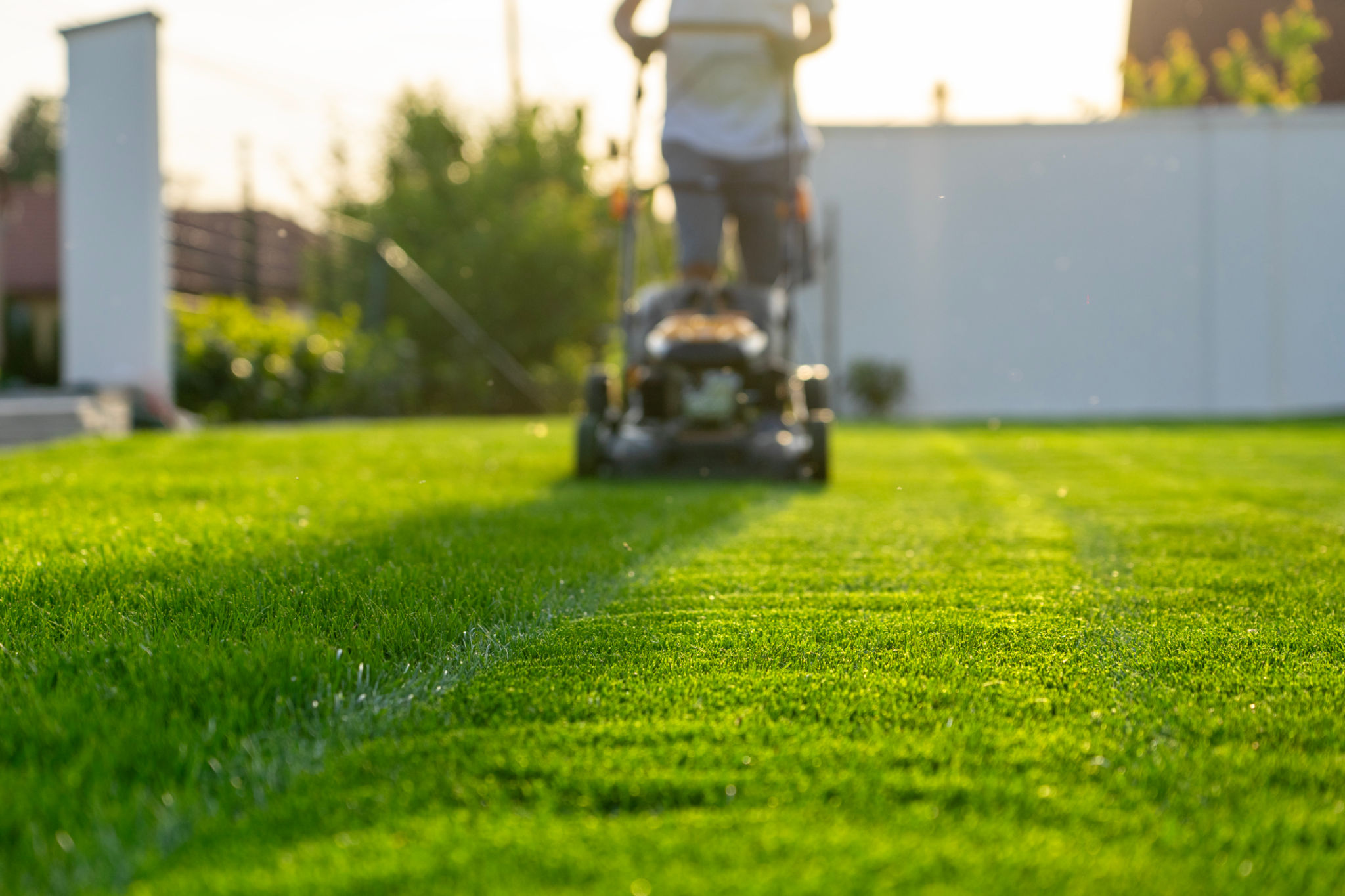5 Common Mistakes in Bermuda Grass Maintenance and How to Avoid Them
Understanding the Basics of Bermuda Grass
Bermuda grass is a popular choice for lawns due to its hardiness and ability to thrive in warm climates. However, improper maintenance can lead to various issues that affect its health and appearance. By understanding common mistakes and how to avoid them, you can ensure your Bermuda grass remains lush and vibrant.

Overwatering
One of the most frequent mistakes in Bermuda grass maintenance is overwatering. While this grass type is drought-tolerant, excessive moisture can lead to root rot and fungal diseases. It's crucial to water deeply but infrequently. Aim for about 1 to 1.5 inches of water per week, including rainfall, to encourage deep root growth.
Mowing Too Short
Another common error is mowing the lawn too short. Bermuda grass should be cut at a height of 1 to 1.5 inches. Cutting it too low puts stress on the grass, making it more susceptible to weeds and pests. Ensure your mower blades are sharp and set at the correct height to promote healthy growth.

Neglecting Soil Health
Many homeowners overlook the importance of soil health in maintaining Bermuda grass. Compacted soil can restrict root growth and reduce nutrient uptake. Aerate your lawn at least once a year to improve soil structure and enhance air circulation. Additionally, test your soil regularly and amend it with fertilizers as needed to maintain a balanced pH level.
Ignoring Pest Control
Pests like grubs and armyworms can wreak havoc on Bermuda grass if left unchecked. Regularly inspect your lawn for signs of pest activity, such as irregular brown patches or chewed grass blades. Implement a pest management plan that includes preventative measures and treatments tailored to the specific pests in your area.

Improper Fertilization
Fertilization is key to sustaining Bermuda grass health, but improper application can do more harm than good. Use a nitrogen-rich fertilizer during the growing season, typically from late spring to early fall, to support robust growth. Follow the manufacturer's recommendations for application rates and timing to avoid over-fertilizing, which can lead to nutrient runoff and environmental damage.
By avoiding these common mistakes, you can enjoy a healthy and beautiful Bermuda grass lawn year-round. Regular monitoring and proper maintenance practices will ensure your lawn remains an attractive feature of your landscape.